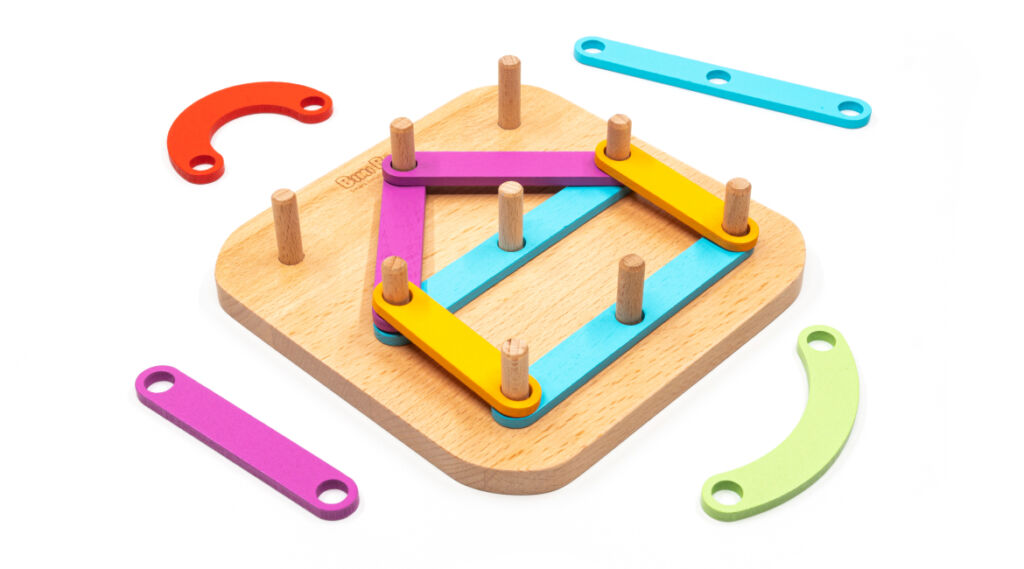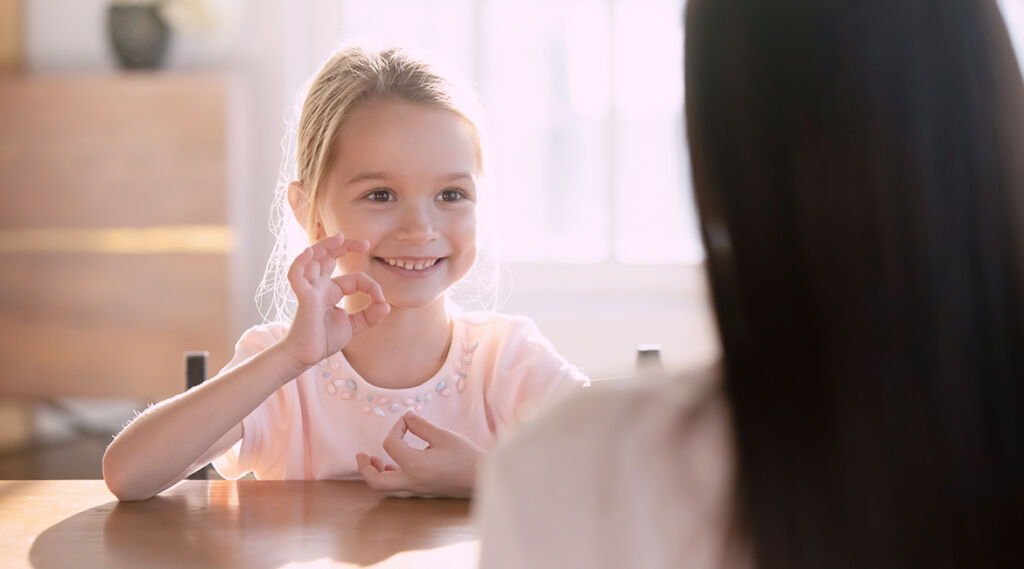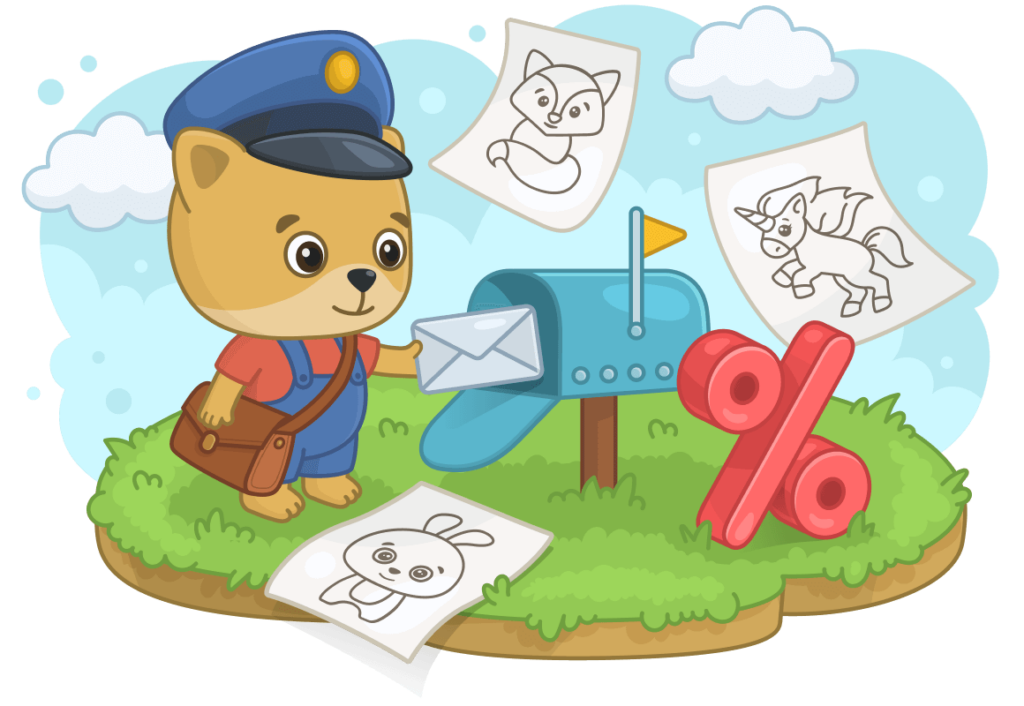Introduction:
Toys hold a special place in the hearts of children worldwide. They are not just mere playthings; they possess a profound ability to ignite joy, wonder, and boundless imagination in young minds. The question arises: Why do toys make kids happy? In this article, we will explore the enchanting world of toys and shed light on what makes kids with lots of toys so blissfully happy. At Bimi Boo, we take pride in crafting toys and developing apps that make kids happy, allowing us to understand firsthand the profound impact toys have on a child’s joy and well-being.So, let’s embark on this delightful journey together!
Sparking Joy and Imagination:
The kids react to toys with joy and curiosity.Whether it’s a vibrant doll, a captivating puzzle, or a thrilling remote-controlled car, toys bring imagination to life. Kids can immerse themselves in imaginative play, creating magical worlds, and experiencing limitless possibilities. Through toys, children can express their creativity, develop problem-solving skills, and build narratives that reflect their dreams and aspirations.
Emotional Connection and Companionship:
Toys often become cherished companions for children. From cuddly teddy bears to action figures, these playthings provide emotional support and a sense of comfort. Kids form deep attachments to their toys, treating them as confidants, friends, and even family members. These cherished relationships foster feelings of security, companionship, and empathy, contributing to a child’s overall happiness and emotional well-being.
Learning Through Play:
Toys are not just sources of entertainment; they also play a vital role in a child’s cognitive development. Educational toys, such as building blocks, science kits, and interactive puzzles, engage children in learning experiences disguised as play. Through hands-on exploration and experimentation, kids develop essential skills like problem-solving, critical thinking, and logical reasoning. The joy of discovery and accomplishment that comes with mastering a new skill or solving a puzzle adds to the happiness quotient of kids.
Social Interaction and Bonding:
Toys often serve as catalysts for social interaction among children. Whether it’s playing a board game with siblings, sharing toys with friends, or engaging in imaginative role-play with peers, toys facilitate socialization and help kids develop crucial social skills. By sharing their toys, children learn important values like cooperation, empathy, and negotiation, fostering a sense of belonging and building lasting friendships. The shared laughter, teamwork, and camaraderie experienced during playtime contribute significantly to a child’s happiness.
Sense of Ownership and Control:
Having their own toys gives children a sense of ownership and control over their world. The ability to choose, arrange, and care for their playthings empowers kids and instills a sense of responsibility. The feeling of pride and accomplishment derived from organizing and maintaining their toy collection contributes to their happiness and self-esteem.
Conclusion:
The sheer joy that toys bring to children is undeniable. They provide an avenue for imaginative play, emotional connection, learning, social interaction, and a sense of ownership. The magical world of toys captivates young minds, fostering happiness, creativity, and cognitive development. From sparking the flames of imagination to building social skills and providing emotional support, toys play a vital role in a child’s overall well-being and happiness.
So, the next time you see a child’s face light up with glee upon receiving a new toy, remember that you are witnessing the manifestation of pure childhood happiness. Embrace the magic and wonder that toys bring to children’s lives, for they hold the power to shape beautiful memories and nurture the joyous spirit of youth.




